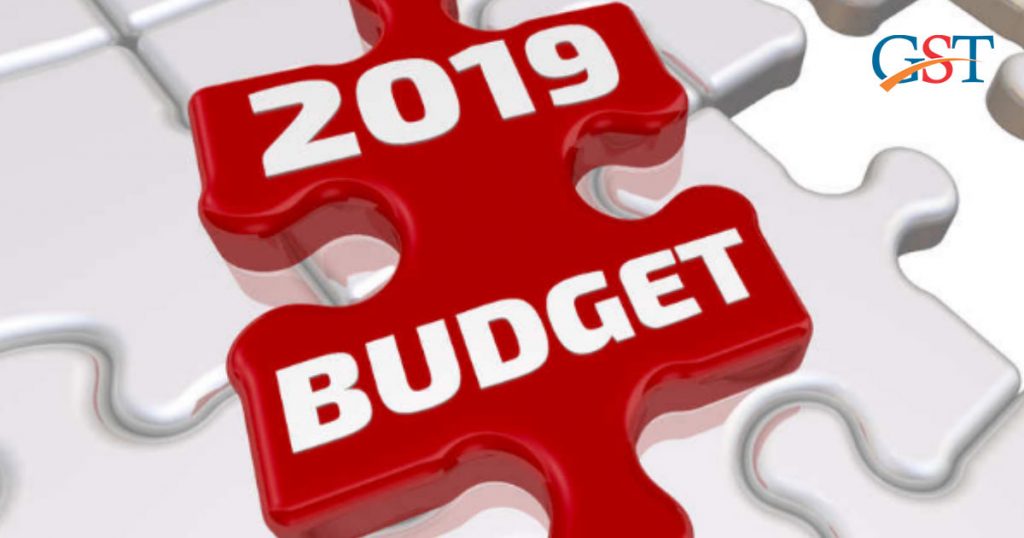
The ruling government is all set to propose the union budget for fiscal 2019-20 on July 5, under the supervision of newly elected Finance Minister Nirmala Sitharaman. With this upcoming budget, the real state personnel are intending for the re-introduction of Input Tax Credit (ITC) for under-construction properties so that the liquidity situation in the market get better and improved.
The real estate sector has already requested for the inclusion of stamp duty in the Goods and Services Tax, in their pre-Budget memorandum. And now, they are willing the government should opt such measures that support in ease of liquidity condition.
Also, they urged for the removal of the Rs 40 lakh price limit for affordable housing which was introduced by the government in its interim budget in February.
Analysing market situation in the realty sector, Parth Mehta, MD, Paradigm Realty presents key factors: “There are four factors — increasing input cost due to abolishment of ITC and exorbitant development premiums, excruciating liquidity crisis due to NBFC defaults and rising NPAs of banks, and piling up of unsold inventory due to weak consumer sentiment on back of high unemployment.”
He further added that block in liquidity not only affecting the business of the company negatively but also growing financial damage.
While, Niranjan Hiranandani, President of the National Real Estate Development Council (NAREDCO) said on Wednesday, “Quick corrective steps should be undertaken by apex bodies and government to pump in enough liquidity into the system”
In his opinion, the rationalisation of taxes can be observed in the form of inclusion of stamp duty in the GST, Input Tax Credit expansion to the commercial sector, reduction in corporate tax, MAT termination in order to pump SEZ developments.
“Another most imperative expectation is to frame National Rental Housing Policy,” said Hiranandani.
Also, the Realty personnel are willing for the re-introduction of Input Tax Credit under construction segment as its removal has completely ended up their profit margins.
However, the tax rates on the under-construction properties and affordable housing projects have already been altered by the GST Council in February 2019. Affected from April 1, the tax rates now stand at 5 per cent from 18 per cent for the former and 1 per cent from earlier 8 per cent for the latter. With this, the ITC or refund provided to builders on taxes paid on inputs has been abolished.
Inclusion of stamp duty in GST is among other key demands of developers. “It is important that government includes stand duty in the GST purview to boost the demand for housing, thus enabling absorption of high unsold inventory cross metros,” Mehta said.
Other than this, the Realty players are demanding for relaxation in the definition of affordable housing with a price limit of INR 45 lakh. As the criteria are not suitable for cities like Delhi and Mumbai where the land cost is so high.
The GST Council explained the affordable housing segment a few months earlier. It consists of homes with the price up to 45 lakhs and with a carpet area of up to 60 square meters in metro cities and 90 square meters in non-metro cities.
Read Also: GST on Real Estate: Tax Burden Lower or Higher?
Earlier than this, the homes with a carpet area of up to 60 square meters and 90 square meters falls in the category of affordable housing there was no such price cap of 45 lakhs.
Other than this, developers’ long-standing demands of single-window clearance and industry status for the entire real estate sector are also in their wishlist.
Honey Katiyal, founder and CEO of investors Clinic, reported some untouched issues which are also required to be included in the upcoming budget. “The important among them are banks and NBFCs funding norms, single-window clearance for all the approvals to reduce project timelines, digital shift for efficient performance and grant of ‘industry’ status to attract equity investment,” Katiyal said.
Shishir Baijal, Chairman and Managing Director, Knight Frank India, said that the provision of industry status for the real estate should also be considered from the government as it helps developers in raising funds at lower rates and improve their ability to perform.
He further suggested the government can increase the competency for CLSS (Credit Linked Subsidy Scheme) and GST rate benefits for a larger group of consumers in urban centres.
Baijal also pointed out the requirement of considering ‘real estate investment trusts (REITs)’ as well.
“While the government has taken measures to provide fiscal incentives in earlier budgets, we have seen only one REITs listing so far. The government can further push the REITS agenda by reducing the timelines of investment from 3 years to 1 year for capital gains taxation, which will ensure larger retail investor participation,” said Baijal.
Rahul Grover, President, Sales and Operation at Sai Estate Consultant said: “We hope that policies which will be introduced in Budget 2019-20 will lead to hastening the one-window clearances for high-rise projects and influence developers resulting in higher rating in LEED (Leadership in Energy and Environmental Design) certifications.”